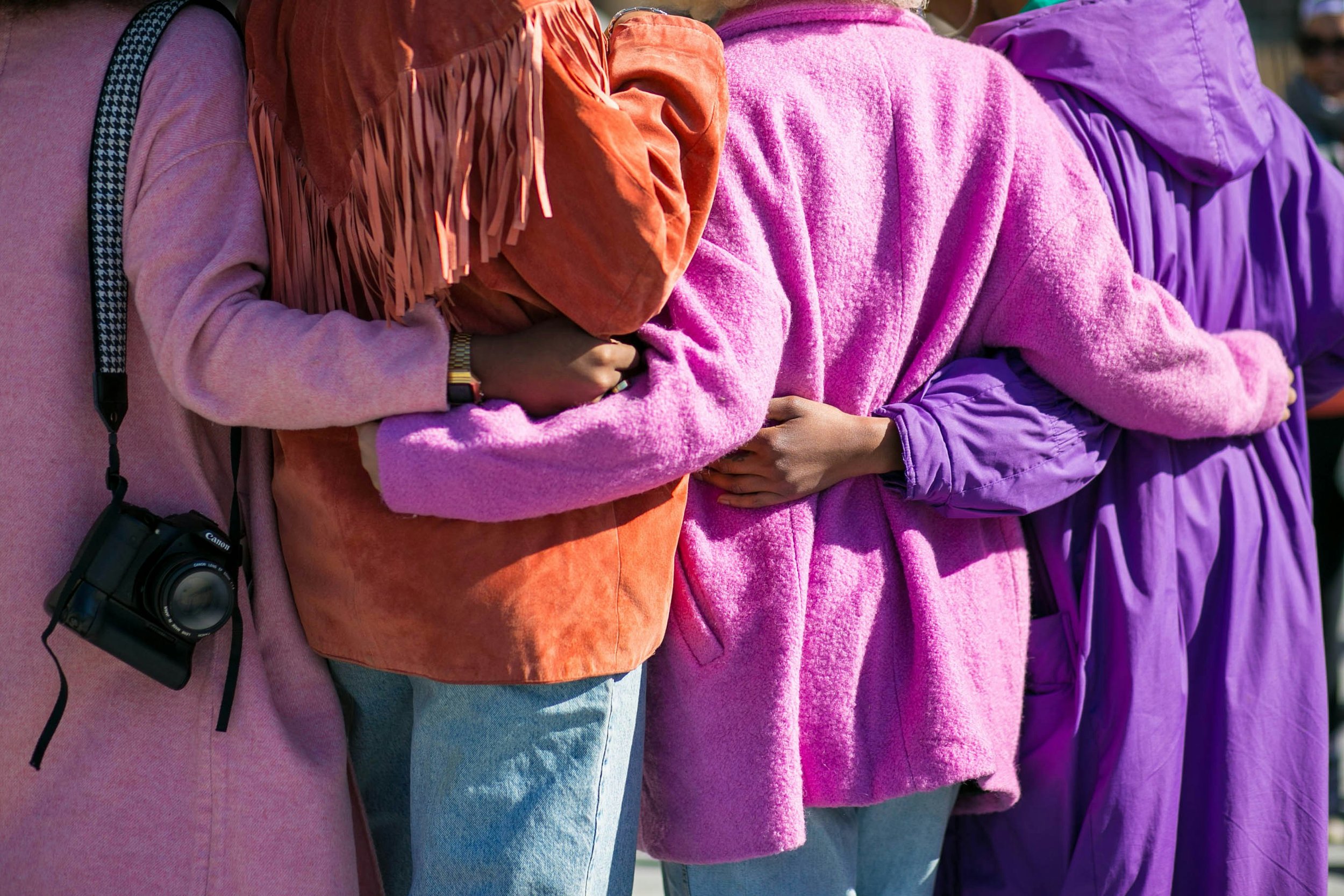
What I Learned from Migrant Children in Shanghai
When I volunteered to teach English to migrant children in Shanghai, I thought I was stepping into the role of a teacher. What I didn’t expect was how much I’d learn in return.
These kids, many of whom were experiencing their first introduction to English, showed me the power of creativity, the importance of celebrating small wins, and the resilience it takes to adapt to a new environment. Whether it was singing songs, pointing at body parts, or watching their faces light up at every new word, they taught me lessons that go far beyond the classroom—lessons about integration, connection, and finding joy in the journey.

5 Essential Tips for Thriving as an Expat
Moving to a new country can feel like riding an emotional rollercoaster. One moment you’re excited, and the next, you’re wondering, “What have I gotten myself into?” When I first moved to China, I had days where I just sat and cried because everything felt so unfamiliar—different language, different food, different routines. And honestly? That’s totally okay.

Strengthening Your Relationship Abroad with the ARV Model
Living abroad as a couple can feel like riding a rollercoaster—exciting, challenging, and sometimes a little overwhelming. Whether you’re juggling cultural traditions, navigating parenthood in a foreign land, or working through the occasional misunderstandings that come with different cultural norms, the journey is anything but dull.
But here’s the truth: every challenge you face is also an opportunity to grow closer. With the ARV Model—Adaptability, Resilience, and Vulnerability—you and your partner can transform these moments into building blocks for a stronger, more connected relationship.
From blending my husband’s lively Mexican traditions with my quiet Belgian roots to navigating the unique hurdles of parenting abroad, I’ve learned that thriving together doesn’t mean avoiding the tough stuff—it means embracing it as a team.

explore coaching

